Service Desk for PTC Windchill and ThingWorx IIoT
![]()
![]()
Use the Boston Engineering customer portal to submit service requests, get status updates, and Check PLM/IIoT KPIs.
![]()
![]()
Use the Boston Engineering customer portal to submit service requests, get status updates, and Check PLM/IIoT KPIs.

Managed services portal access

PTC + ThingWorx + Vuforia

Ansys
Expert Product Development Consulting from early strategy through product launch from our Design Experts, with our process, and in conjunction with our industry partners.





 Commercialization is the process of introducing a new product or service into the market and making it a commercial success. Commercialization involves all the activities and strategies that transform an idea, concept, or prototype into a marketable product.
Commercialization is the process of introducing a new product or service into the market and making it a commercial success. Commercialization involves all the activities and strategies that transform an idea, concept, or prototype into a marketable product.
Commercialization is a crucial step in the product development cycle and involves various stages, including market research, product design and development, manufacturing, marketing, and sales. Boston Engineering specializes in product design and product development, with expertise in innovation to meet market requirements and address customer needs effectively, during both pre- and post-product launch.
Through internal management experience, subject matter expertise, and a range of partnerships, Boston Engineering offers Consulting and/or Research & Development services at any step of the commercialization process.



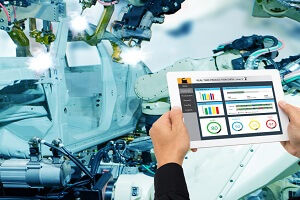




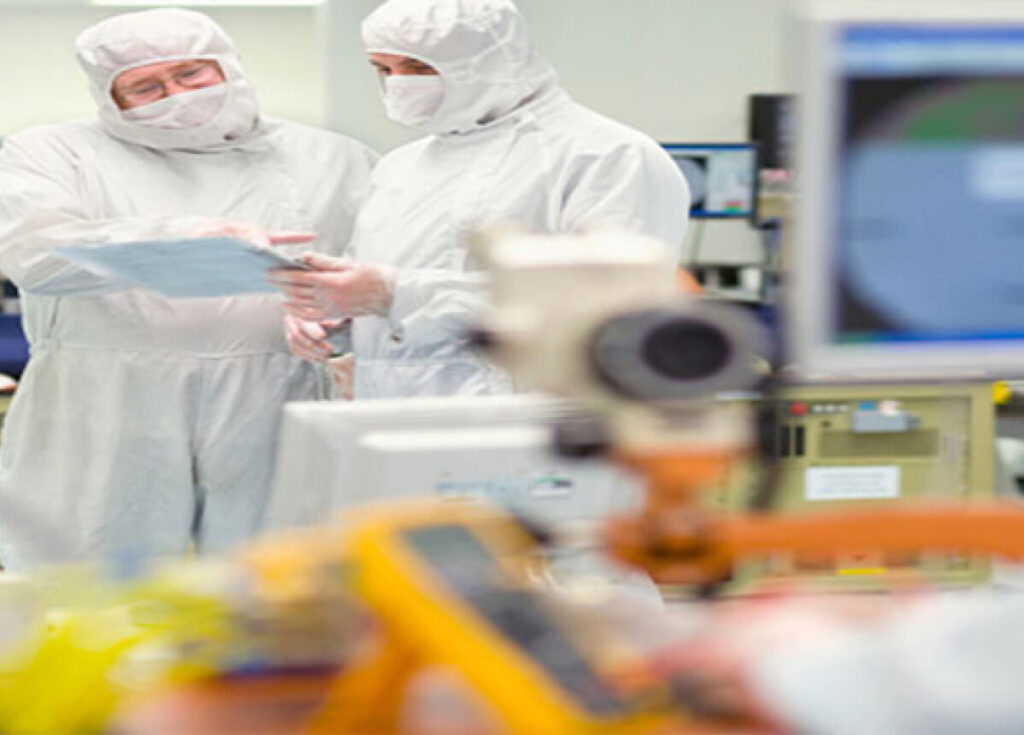
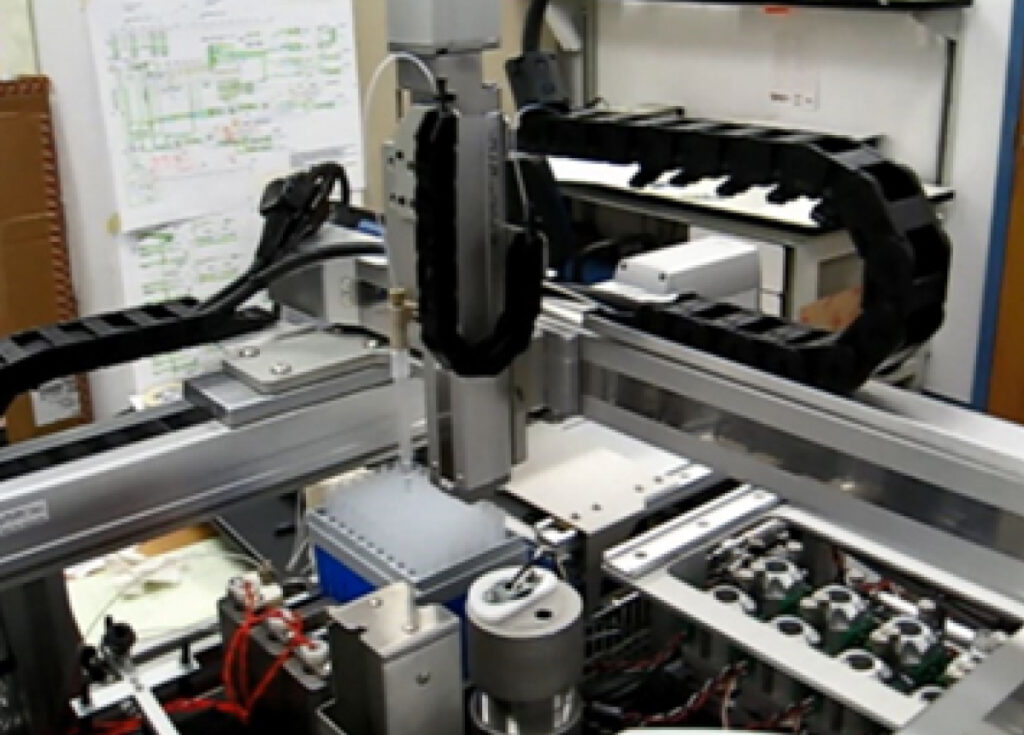





Commercialization services refer to a range of activities and support provided to help businesses bring their innovative ideas, products, or technologies to the market successfully. These services are typically offered by specialized companies, consultants, or organizations with expertise in commercialization strategies and processes.
The specific services offered can vary depending on the industry, the nature of the innovation, and the needs of your project. However, some common considerations include your teams available skills, available time, and supporting culture.





Marketing is a fundamental component of commercialization, as it enables businesses to identify and understand their target market and effectively promote their product. This step involves conducting market research, analyzing customer needs and preferences, and developing a comprehensive marketing strategy. By effectively positioning the product, creating compelling messaging, and implementing suitable marketing channels, businesses can generate awareness, attract customers, and create demand.

The technology step involves developing and refining the core technology that underpins the commercialized product or service. This could include software development, hardware engineering, or any other technical aspect specific to the offering. It is crucial to ensure that the technology is robust, reliable, and capable of meeting customer expectations. Additionally, continuous innovation and staying abreast of technological advancements are essential to maintain a competitive edge in the market.
Below are some of the Technology Specialties supported by Boston Engineering Subject Matter Experts

Market Intelligence and Foresighting involve gathering and analyzing relevant data and insights to gain a deep understanding of the market landscape and future trends. This element enables businesses to identify emerging customer technology needs, anticipate technology market shifts, and make informed decisions. By staying informed about customer preferences, competitor activities, and technological advancements, companies can align their product development efforts with market demand and stay ahead of the competition.

Technology Scouting involves actively searching for and monitoring external technological advancements that can enhance a product or service. It entails identifying new technologies, potential partners, and research collaborations. By scouting for relevant technologies, businesses can stay abreast of industry developments, foster innovation, and ensure their offerings remain cutting-edge. In addition, Technology Roadmapping (like that used in a Digital Transformation) helps in outlining a strategic plan for integrating these technologies into the product development process.
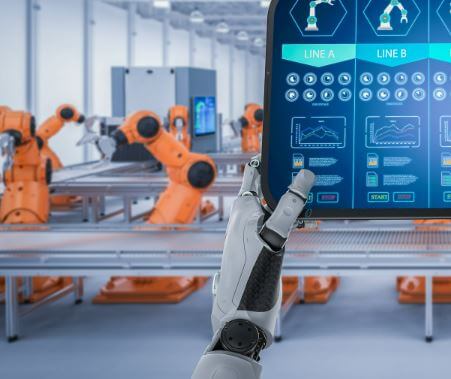
Industry 4.0 Roadmapping specifically focuses on the integration of advanced technologies such as artificial intelligence, big data analytics, Internet of Things (IoT), and automation into the manufacturing and operational processes. This element enables businesses to leverage the benefits of digitization and automation to optimize productivity, improve quality, reduce costs, and enhance customer experiences. A well-defined Industry 4.0 roadmap helps in aligning technology investments with business goals and streamlining the adoption process.

Scouting for Ideation involves actively seeking innovative ideas, both internally and externally, to drive product development and improvement. This could include encouraging employees to generate ideas, partnering with external innovation hubs, or collaborating with startups. By continuously exploring new ideas, businesses can foster a culture of innovation, uncover untapped opportunities, and create differentiated offerings.

End-to-End Digital Transformation refers to the comprehensive integration of digital technologies throughout the entire value chain, from product design and development to manufacturing, supply chain management, marketing, and customer service. This element streamlines operations, improves efficiency, enables data-driven decision-making, and enhances customer experiences. By embracing digital transformation, businesses can gain a competitive advantage in today’s technology-driven marketplace.

Strategic Technology Advancement involves identifying and prioritizing key technology advancements that align with the company’s long-term vision and goals. It requires evaluating the potential impact of emerging technologies, assessing their feasibility and compatibility with the existing infrastructure, and developing a strategic plan for their implementation. By strategically advancing technologies, businesses can drive innovation, enhance competitiveness, and meet evolving customer expectations.
The engineering step focuses on transforming the technology into a tangible product or service. In other words, this is the Product Development Process. This involves designing and prototyping, optimizing the production process, and ensuring product reliability and quality. Engineers collaborate closely with the technology team to translate concepts into reality, considering factors such as materials, manufacturing methods, and regulatory compliance. The engineering phase aims to create a scalable and cost-effective solution that meets both customer requirements and business objectives.
Below are some of the Engineering Specialties supported by Boston Engineering Subject Matter Experts

Scouting for Product Development involves the identification and evaluation of potential product ideas, either internally generated or sourced externally. This element focuses on gathering insights, market research, and exploring innovative concepts that align with business objectives. Scouting for new product ideas ensures a robust pipeline for development and enhances the chances of creating successful commercial offerings.

Applied Research & Development involves the systematic exploration of scientific principles and technologies to develop practical solutions for specific commercial applications. This element focuses on bridging the gap between theoretical knowledge and practical implementation. Through applied research, businesses can validate technological feasibility, optimize performance, and mitigate risks associated with the product development process.

Conceptual Design refers to the initial stage of product development, where ideas and requirements are translated into conceptual models or prototypes. This element involves brainstorming, sketching, and creating visual representations of the product’s form, functionality, and features. Conceptual design helps stakeholders visualize the product, gather feedback, and make informed decisions before progressing to detailed design and development.
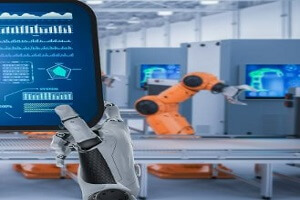
Feasibility Studies assess the technical, economic, and operational viability of a product concept. This element involves conducting analyses, evaluating market demand, assessing manufacturing capabilities, and estimating costs and potential returns on investment. Feasibility studies provide critical insights into the project’s viability, helping businesses make informed decisions regarding resource allocation, development timelines, and overall project feasibility.

Reverse Engineering involves analyzing an existing product or system to understand its design, functionality, and components. This element is particularly useful when seeking to improve or replicate an already successful product. Reverse engineering enables businesses to gain insights into competitors’ offerings, identify areas for improvement, and enhance the product’s performance and features.

Product Development is the core process of transforming a product concept into a fully functional and marketable offering. This element involves detailed design, engineering, and prototyping, considering factors such as materials, manufacturing processes, and regulatory compliance. Product development requires close collaboration between engineers, designers, and other stakeholders to ensure the product meets customer needs, quality standards, and business objectives.

Design for X (where X can be manufacturing, assembly, cost, reliability, etc.) is an approach that focuses on optimizing the design of a product to achieve specific objectives. This element emphasizes factors such as manufacturability, cost-effectiveness, ease of assembly, reliability, and sustainability. Design for X principles help minimize production costs, improve product performance, enhance user experience, and streamline the manufacturing process.

Test and Validation involve rigorous testing of the developed product to ensure its functionality, reliability, and compliance with industry standards. This element includes various testing methods, such as performance testing, stress testing, usability testing, and regulatory compliance testing. Through comprehensive testing and validation, businesses can identify and rectify any design flaws, refine the product’s features, and ensure a high-quality end product.
Capitalization refers to securing the necessary financial resources to support the commercialization process. This step involves identifying potential funding sources, such as venture capital firms, angel investors, or government grants, and crafting a compelling business case to attract investment. Effective capitalization strategies enable businesses to cover expenses related to marketing, technology development, engineering, and production. It also allows for scalability and future growth opportunities.

The production step entails scaling up the manufacturing or service delivery process to meet market demand. This involves establishing efficient production facilities, supply chain management, and quality control processes. Production considerations include cost optimization, inventory management, and meeting delivery timelines. By ensuring consistent and reliable product or service delivery, businesses can build customer trust and loyalty, supporting long-term success.

“I have had the benefit of engaging Boston Engineering as part of two different technical product companies. In each case, we confronted a critical and time-bound quality escalation that exceeded available internal resources. Boston Engineering was able to come up to speed quickly and devise scheduled activity that very successfully met business needs.”
“Boston Engineering did a superb job in the development of the Interconnect Upgrade solar wafer handling and inspection. The development team exceeded my expectations and provided unwavering service and dedication to our needs. The continued immediate responses provided long after the initial installation is a testament of your stated credo that Boston Engineering measures its success in terms of your clients’ success.”
“Boston Engineering continues to be a trusted partner with us. They understand the early-stage company environment, and have adapted planning and engagements for capability expansion in the right way. Since our PDM/Windchill implementation in 2010 and system upgrade in 2014, Boston Engineering has delivered with domain knowledge, best practices, and tailored mentoring.”
“Boston Engineering has continued to provide my project with outstanding engineering services throughout the design and integration of our multimillion dollar precision optical spectrograph. Boston engineering has become part of our team. Our professional relationship has extended to the point where we now collaborate on all of the electronic control, feedback and subsystem architecture in the proposal and estimating phase of all our future work as well. All of the work is performed in a highly professional and timely manner. All of their staff presents a positive work ethic that is motivational in moving the job forward. I strongly recommend their services to anyone seeking engineering expertise for an entire subsystem or providing a specific engineering function.”
“Our first project with you has met and exceeded our expectations. Your experienced Pro-E Design Engineer and Electromechanical Packaging Engineer have delivered a package that surpasses what we could have accomplished in-house — both in design and time-to-market.”
“The lamination machine (deli project) that Boston Engineering worked on was well accepted in both Mexico and Scotland. The project was a true success. Your company’s attitude was excellent, your technical expertise and quality of the job either met or exceeded our expectations. You have delivered on time and within budget. It was a real pleasure working with your team.”
Partnerships are an invaluable asset in product commercialization, offering numerous benefits that give Boston Engineering a competitive edge. While it’s tempting to rely solely on internal resources and capabilities, embracing strategic collaborations can be the key to unlocking growth, achieving market leadership, and reaping the rewards of successful product commercialization for our Clients.
By Partnering with Boston Engineering, you will have access to the strength of our partnership networks, including:
Boston Engineering utilizes both its broad base of application drive experience captured in subject matter experts and systems engineers and the knowledge network built through years of collaboration with industry leading thinkers and designers. By tapping into our network of specialized expertise, expanded market reach, and proven knowledge resources, Boston Engineering and its strategic partnerships fuel the success of your product commercialization journey.

Whether you’ve created a new technology, or have an innovative way to use an existing solution, Boston Engineering will turn your ideas into reality. Our Commercialization Experts and Industry Partners will enhance your current team or manage the entire Product Commercialization Process from Market Analysis to Production. Don’t leave complex projects or high visibility product launches to chance. Know you’re going to get the results you want by working with industry leaders in design, development, and deployment of innovative products driven by novel engineering. Simply complete the form below and let’s start the Product Commercialization Conversation

